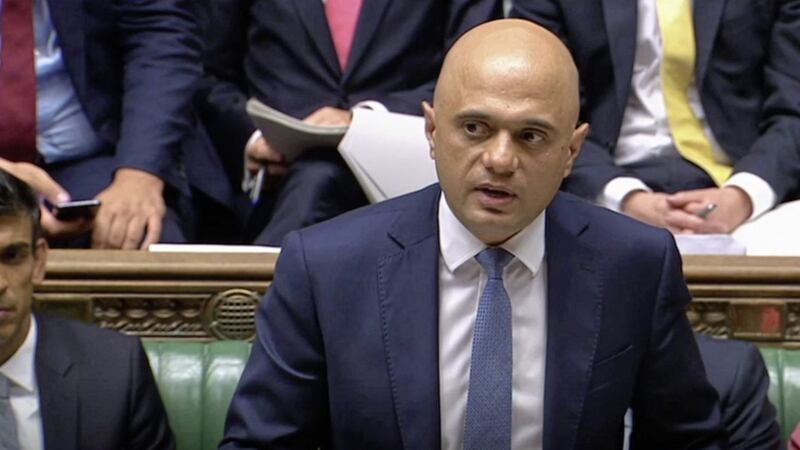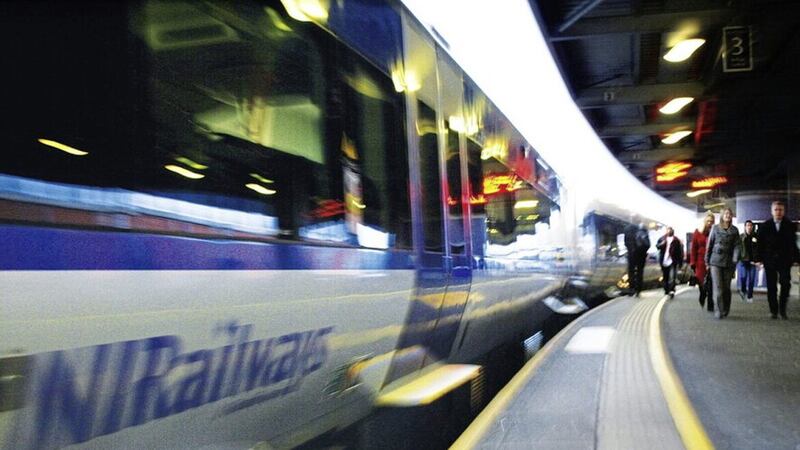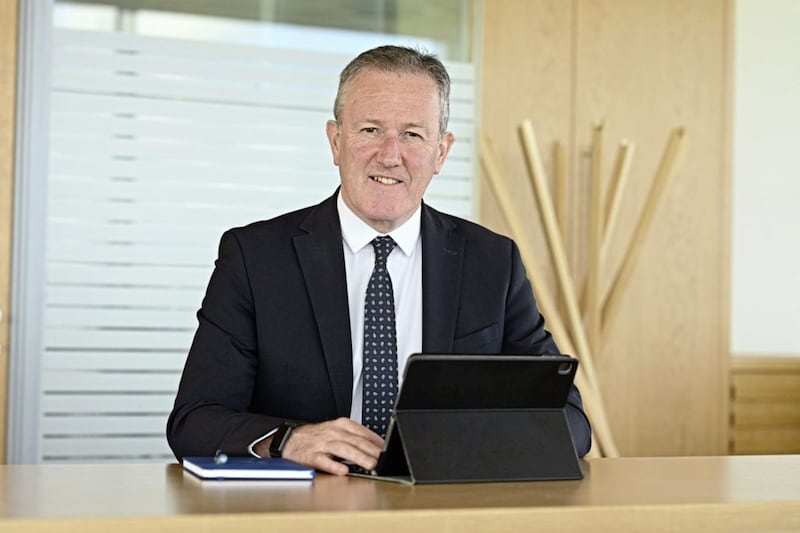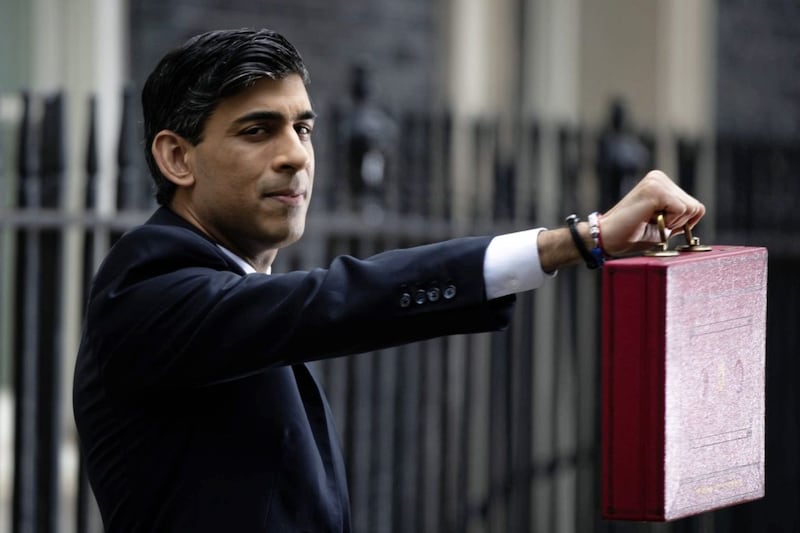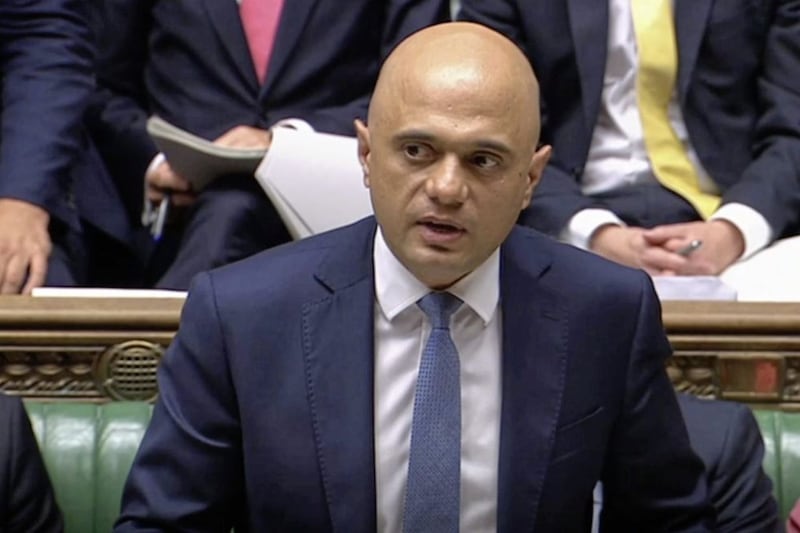AN extra £400 million allocated for Northern Ireland in the chancellor's spending review has been branded a "pre-election throw of the dice", by a leading economist.
Announcing the money yesterday, British chancellor Sajid Javid said the extra funding was part of the biggest spending settlement allocated to the devolved administrations in a decade.
Under the Barnett formula, Northern Ireland receives a portion of public service spending. This year's extra money equates to a real increase of about 2 per cent.
However, the spending review also forecast a £100 million reduction in the north's capital expenditure in 2020/21 – from £1.7 billion this year to £1.6bn next year.
Mr Javid said the DUP had asked for money to improve hospice care and support those affected by the contaminated blood scandal.
"Those are rightly devolved matters but I sincerely hope that the NI administration will use some of the new funding that we’re providing today to address those issues," he said.
However, a leading economist has questioned how the money will be allocated, given the continued impasse at Stormont.
Andrew Webb, chief economist at Grant Thornton, said although the extra money was positive "it does come at a moment when there are significant concerns around the continued lack of political direction required to provide comfort that it will be allocated in the most effective ways".
"Further, while any additional money is welcome, it isn’t coming off the back of particularly strong UK finances and feels more like a pre-election throw of a dice," he said.
"I would have concerns that this cash injection will not mark the start of a renewed phase of growing public expenditure and we could be back to belt tightening before long."
Secretary of State Julian Smith said the extra money will "have a huge benefit for public services including health and education".
He urged the north's politicians to return to Stormont and "spend this money as effectively and to the best interests of every citizen in Northern Ireland as soon as possible".
Ulster Unionist MLA Steve Aiken said the extra money would not solve the funding crisis in health and education but could address the most urgent issues.
"A one-off funding bonanza will do little to place our public services on a sustainable footing, which is why I hope this is instead the start of a multi-year period of sensible investment," he said.
"Whilst the resource budget has increased, it’s baffling that the level of capital funding is actually set to fall by £100m, just at the time when we most need to be investing in local infrastructure."
DUP MLA Sammy Wilson said the £400m should go towards key areas including the recruitment of more police officers and the reduction of hospital waiting lists.
"It is now up to the Secretary of State to ensure, that in the absence of devolution the Civil Service get on with the job of making the decisions necessary to spend this money," he said.
John Armstrong, managing director of the Construction Employers' Federation, raised concerns about the reduction in the north's capital expenditure.
"When you have key projects, such as the A6 schemes, Belfast Transport Hub and the Children’s Hospital running concurrently, you have to also recognise that that drastically reduces your investment elsewhere if, as we currently are, remain reliant on one funder and that funder’s investment is forecast to decrease," he said.
"As our State of Trade survey earlier this week showed, this is having a major effect on the sustainability of an increasingly large part of the local contracting industry and is, as one clear example alone, stopping huge swathes of much needed housebuilding in its tracks."
Advice NI said the plans outlined in the spending review were "inadequate".
Bob Stronge, Advice NI Chief Executive, said people who were unemployed or in low-paid work were struggling to survive due to the continued benefit freeze, the policy of limiting welfare benefits to two children and serious problems with the roll-out of Universal Credit.
"In this context of hardship and crisis we are deeply disappointed by the inadequate announcements in the Spending Review which actually amount to a continuing attack on our poorest households," he said.
